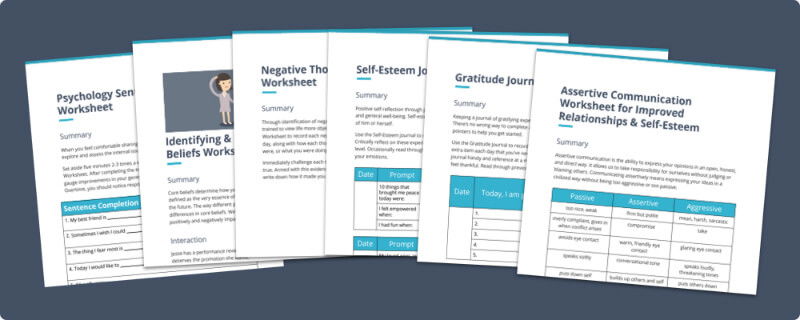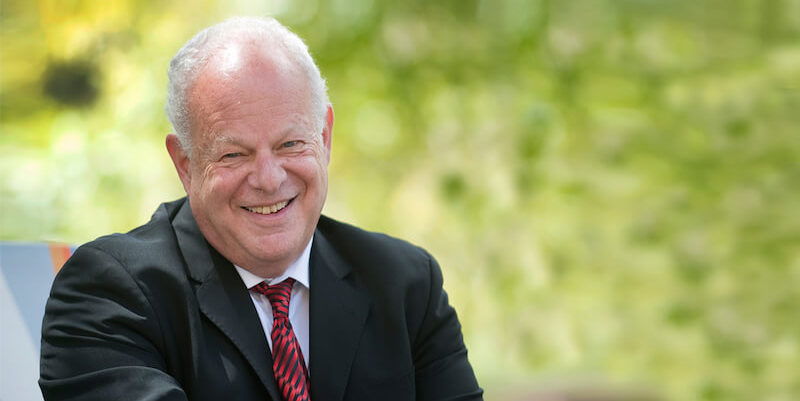Emotional intelligence is a crucial skill to possess in today’s fast-paced and interconnected world. It refers to the ability to recognize, understand, and manage one’s own emotions, as well as to empathize with and navigate the emotions of others. While IQ is important for success in life, research shows that emotional intelligence plays an even greater role in determining our overall well-being and success.
One of the key reasons why emotional intelligence is so important is its impact on our relationships with others. People with high emotional intelligence are better able to communicate effectively, resolve conflicts, and build strong and meaningful connections with others. As American author and psychologist Daniel Goleman once said, “In a very real sense we have two minds, one that thinks and one that feels.”
Furthermore, emotional intelligence is essential for effective leadership. Leaders who possess emotional intelligence are more attuned to the needs and emotions of their team members, and are better equipped to motivate and inspire them towards a common goal. As business consultant and author Travis Bradberry once noted, “The emotional brain responds to an event more quickly than the thinking brain.”
In addition, emotional intelligence is crucial for managing stress and maintaining mental well-being. By being aware of and regulating our emotions, we are better able to cope with stressful situations, bounce back from setbacks, and maintain a positive outlook on life. As American psychologist and author John Mayer once remarked, “Emotional intelligence is the ability to sense, understand, and effectively apply the power and acumen of emotions as a source of human energy, information, connection, and influence.”
In conclusion, emotional intelligence is a vital skill that can greatly enhance our personal and professional lives. By cultivating our emotional intelligence, we can improve our relationships, excel in our careers, and navigate life’s challenges with grace and resilience. As British psychologist and author Guy Winch once said, “Learning to accept our emotions and to use them to create meaningful outcomes is vital to our well-being.”



